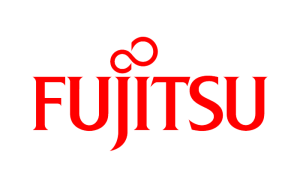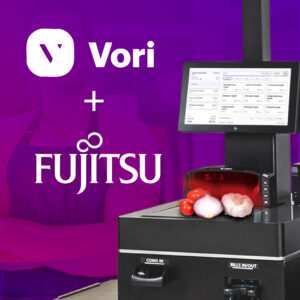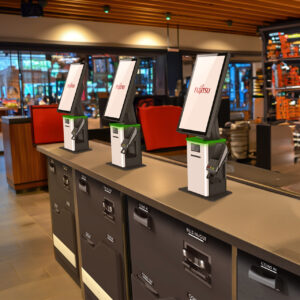Self-checkouts vulnerable to fraud
Self-service checkouts in supermarkets have become commonplace over the past ten years, allowing customers to scan and pack their own purchases with minimal human intervention. However, these tills are not without their risks – particularly in opening the door to fraud.
A large-scale study by the UK’s University of Leicester found that retailers in Europe and the US that use self-service checkouts experience a shop-lifting rate nearly double, compared with a traditional manned checkout. Particularly egregious examples of self-service fraud include customers who weigh consumer electronic items such as fruit or vegetables. Although there is typically at least one staff member on hand to authorize age-restricted purchases and answer questions, they cannot possibly watch every self-service till all the time.
Supermarkets therefore have been crying out for a technological solution that will eliminate the potential for fraud. And scientists at Fujitsu, in collaboration with a leading hypermarket chain, have developed such a solution. By reducing self-service checkout fraud, the new Fujitsu solution holds the potential to save retailers billions of Euros annually.
AI-driven product recognition
This new AI-based fraud prevention solution – part of Fujitsu’s Zinrai portfolio of AI solutions – is designed to help retailers cut losses at self-checkouts. The technology complements existing self-checkouts by cross-checking customers’ barcode scans, against images from inexpensive cameras fitted to already-installed scanners. The new technology can identify mismatches without the cost and complexity of adding graphical processing units (GPUs) to each checkout, substantially reducing the total cost of ownership and dramatically raising the return on investment.
The recent pilot began with a machine learning – or ‘bootstrap’ – stage, in which the system spent three weeks learning the key visual characteristics of any item presented at the checkout. During this time, five self-service checkouts averaged 220 daily transactions, with six products per transaction, each of which was photographed ten times as it was being scanned, allowing the store’s host PC to build up a sufficient dataset to distinguish items within milliseconds based on size, brand, weight and color. This dataset can then be shared across the company’s estate and will grow daily as its machine learning continues.
This means it can tell the difference between an expensive item and a lower-cost item with the same weight, even when a barcode is transferred from one item to another. If an item’s expected appearance does not match the scanned barcode – or fresh produce weight – the self-checkout calls for a manual intervention and inspection.
Huge savings, faster service
Adding inexpensive cameras to existing checkouts and integrating with the barcode scanner, is a low-cost and straightforward task that could save European supermarkets up to €80bn annually¹. It also reduces the burden on shop-floor employees who are expected to detect fraud, even when overseeing up to ten checkouts. By integrating with notification management solutions, such as Taskforce, an instant message on a wearable watch alerts staff of suspected fraud, allowing them to take swift action.
Moreover, the retailer plans to equip manned checkouts with the Fujitsu technology to eliminate manual checks of faulty barcodes, which can take minutes and cause queues. This hypermarket chain sees it as a vital part of its strategy to deliver a relevant, connected and frictionless customer experience.
The FUJITSU AI-based Fraud Prevention solution can also be extended from the checkout to the warehouse to create greater efficiencies across the retail supply chain, with barcodes evolving from a simple SKU (stock keeping unit) listing to including more detailed information, such as logistics data and expiry dates. By extracting and analyzing this data, retailers can increase the efficiency of the tracking of goods, resulting in shorter, more effective supply chains and reduced losses from spoiled produce. Fujitsu is also working to further develop the solution to detect additional checkout fraud methods including sweet-hearting, scan-avoidance and basket-based loss.
Following the outstanding success of this pilot, the retailer is preparing to deploy the Fujitsu solution more widely in the coming months. It expects to reduce fraud significantly, reduce employee workload and improve the customer experience, making it a more attractive destination for consumers and staff alike.





